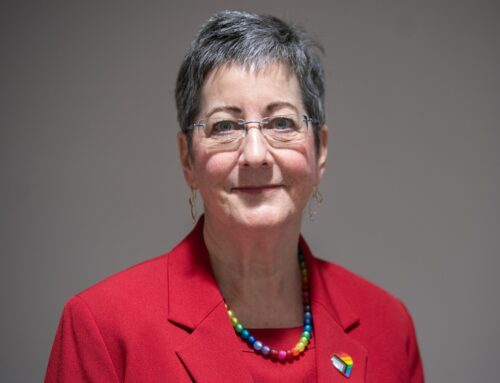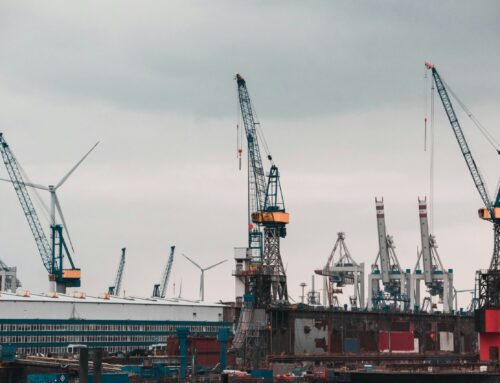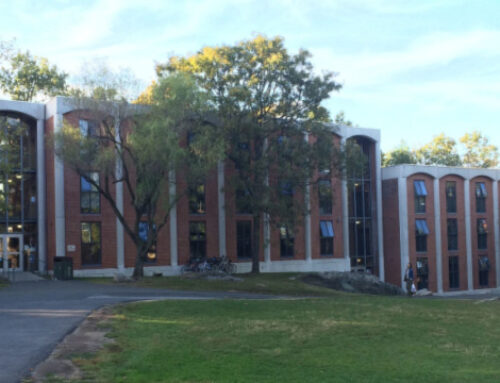Thailand Moves To Ban Recreational Cannabis After Three Years Of Decriminalization
June 25, 2025
Thailand is planning to reintroduce a ban on recreational cannabis use, limiting consumption to medical purposes only, after three years of decriminalization that saw a rapid expansion of the recreational market.
The move follows Public Health Minister Somsak Thepsuthin’s signing of a new directive this week to regulate cannabis, allowing its use strictly for medical purposes and banning unlicensed cannabis sales.
Under the proposed changes, reported by local news outlet Khaosod, individuals seeking to purchase cannabis must present a doctor’s prescription and a medical certificate confirming their condition.
Retailers will be required to have a licensed doctor on-site in order to apply for or renew a license to sell cannabis.
Minister Somsak also reportedly said cannabis may be reclassified as a narcotic, though it remains unclear when the new regulation will take effect or when the reclassification will occur.
The Flourishing Thai Gray Market For Recreational Cannabis
Recriminalization would mark a significant shift for Thailand, which became the first country in Asia to decriminalize cannabis in 2022, following its move to legalize medical use in 2018.
The decriminalization of recreational cannabis created a grey market, with dispensaries opening across the country, particularly in popular tourist areas. However, the market has remained unregulated.
The rise of recreational cannabis in Thailand has also been linked to an increase in cross-border smuggling, including into Europe. Illegal shipments to the UK had surged, with Border Force intercepting 15 tonnes of cannabis in the mail by the end of last year. In April, the UK Home Office reported a sharp decline in cannabis shipments arriving by post from Thailand, with volumes falling by 90% over three months following a new partnership with Thai Customs.
Crackdown On Recreational Cannabis
Efforts to recriminalize cannabis are not new. The issue sparked tensions between the ruling Pheu Thai Party and its former coalition partner, Bhumjaithai, whose leader, Anutin Charnvirakul, had been a key proponent of the 2022 decriminalization policy. As Health Minister in May 2022, Anutin announced that the ministry would distribute one million cannabis plants to Thai households for cultivation without a license.
In 2023, then-Prime Minister Srettha Thavisin pledged to roll back the 2022 cannabis legislation as part of an extended anti-narcotics campaign promised during the election.
Since taking office, the Pheu Thai Party has made several attempts to bring cannabis under stricter drug control measures, but those efforts were repeatedly withdrawn following opposition from the Bhumjaithai Party.
A comprehensive cannabis bill, introduced last year and seen as a compromise alternative to full recriminalization, aimed to regulate the cannabis industry without recriminalizing its recreational use but has not yet been approved.
Cannabis Ban Amid Political Turmoil
The crackdown on recreational cannabis occurs amid a delicate political crisis. Since 2023, when the elections were held, the Thai government has seen the appointment of three prime ministers amid several political crises.
The new Prime Minister of Thailand, Paetongtarn Shinawatra, who also heads the Pheu Thai Party and took office in August 2024, is now confronting one of the biggest tests of her short period in office.
In June 2025, a leaked telephone call between her and former Cambodian leader Hun Sen sparked a strong nationalist backlash after she appeared to criticize a Thai military general, which is a highly sensitive matter in Thailand’s political environment.
This triggered the withdrawal of the Bhumjaithai Party from the government on June 18, causing the loss of majority support in her government. Nonetheless, Paetongtarn has proceeded with a cabinet reshuffle.
Search
RECENT PRESS RELEASES
Related Post




